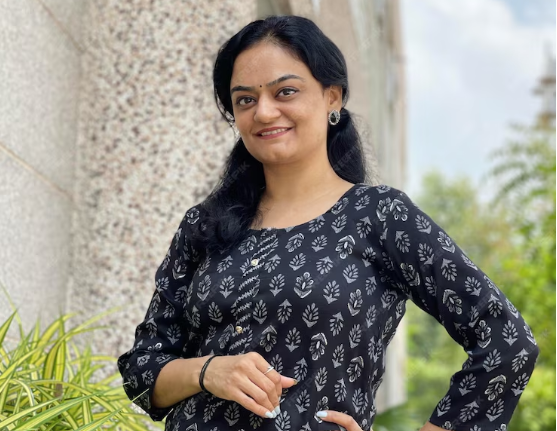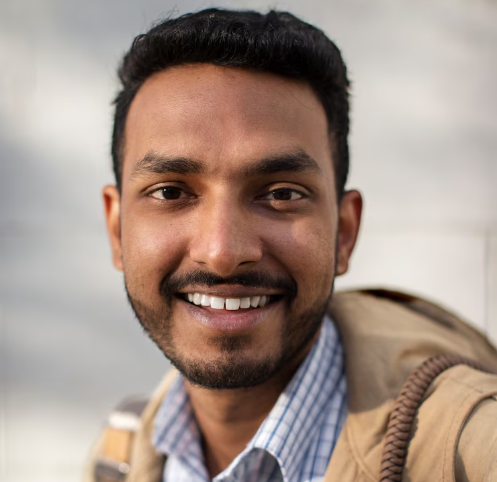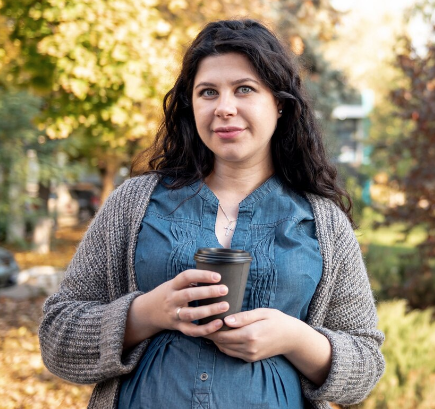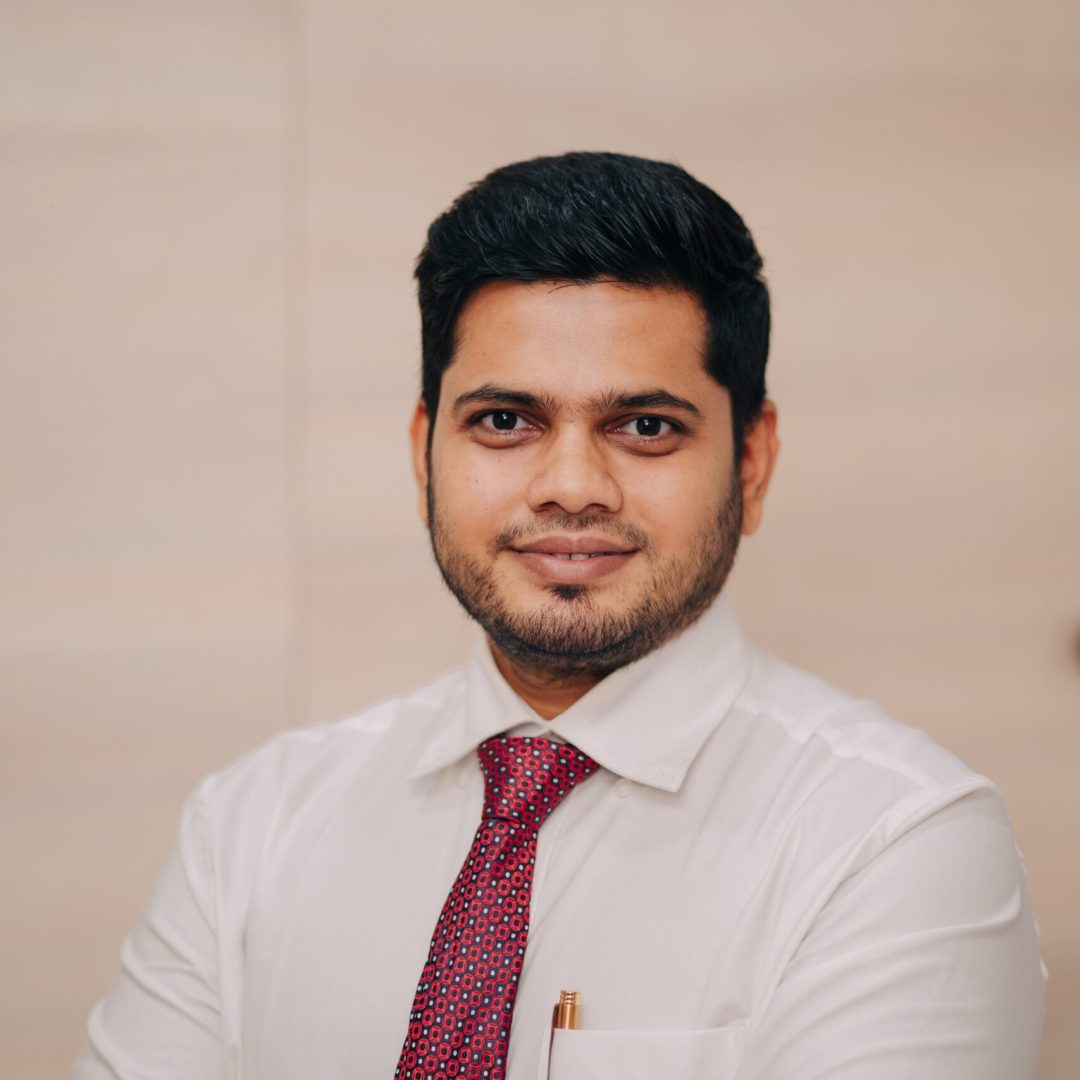7 Proven Ways to Manage Anxiety Without Medication (And Finally Find Peace)
Table of Contents
In today’s fast-paced world, anxiety has become a common struggle for many. Whether triggered by work stress, personal challenges, or health concerns, feelings of worry and fear can often be overwhelming. While medications are often prescribed to treat anxiety, they aren’t the only solution.
Dr. Prakhar D. Jain, a leading psychiatrist based in Mumbai, specializes in helping patients manage anxiety without medication. By focusing on non-pharmacological treatments, individuals can adopt natural and holistic methods that have been proven to effectively calm the mind and reduce symptoms. From cognitive behavioral therapy to breathing exercises, there are multiple ways to manage anxiety without relying on medications. Read on to discover seven natural ways to bring balance and calmness to your life.
Understanding Anxiety: What Causes It?
Before diving into the strategies, it’s important to understand where anxiety comes from. Anxiety is a natural response to stress, designed to protect you from threats. However, when anxiety becomes chronic, it can disrupt your daily life.
The causes of anxiety can be multifaceted, ranging from genetic factors to environmental stressors, including:
- Work or school pressures
- Financial instability
- Health problems or chronic conditions
- Relationship issues or family dynamics
Understanding what triggers your anxiety is the first step in managing it, and often, these triggers can be addressed without medications.
7 Non-Medication Strategies to Manage Anxiety
- संज्ञानात्मक व्यवहार थेरेपी (सीबीटी)
Cognitive Behavioral Therapy is one of the most effective methods for managing anxiety without medication. CBT helps you identify and change negative thought patterns that contribute to your anxiety. Dr. Prakhar D. Jain often incorporates CBT into his treatment plans, helping patients reframe anxious thoughts and develop healthier responses to stress.
By teaching practical coping skills, CBT helps individuals break free from the cycle of constant worry and fear. Unlike medications, which may provide temporary relief, CBT equips individuals with tools they can use for life.
- Mindfulness and Meditation
Mindfulness encourages you to focus on the present moment rather than worrying about the past or future. Studies have shown that mindfulness meditation can significantly reduce anxiety by slowing racing thoughts and promoting a state of calm. Apps like Headspace or Calm offer guided meditations that help users practice mindfulness daily.
Meditation, even for just a few minutes each day, has been proven to reduce the release of stress hormones, creating a calmer mindset and improving overall well-being.
- Breathing Techniques
Panic attacks and anxiety often lead to rapid, shallow breathing, which exacerbates symptoms. The 4-7-8 breathing technique is a popular method recommended by Dr. Jain to help patients manage anxiety naturally:
- Inhale through your nose for 4 seconds.
- Hold the breath for 7 seconds.
- Exhale slowly through your mouth for 8 seconds.
Breathing deeply signals to your body that it’s safe, and in doing so, helps reduce the “fight or flight” response that anxiety often triggers.
- Exercise and Physical Activity
Physical activity is one of the most natural and effective remedies for anxiety. When you exercise, your body releases endorphins—natural chemicals that improve your mood and help you feel more relaxed. Whether it’s a daily walk, yoga, or high-intensity interval training (HIIT), regular exercise has been proven to significantly reduce anxiety symptoms.
Dr. Prakhar D. Jain recommends incorporating at least 30 minutes of physical activity several times a week. Even moderate exercises like walking or stretching can help alleviate anxiety.
- Dietary Changes
What you eat plays a big role in your mental health. Foods high in sugar or caffeine can increase anxiety, while foods rich in nutrients like omega-3 fatty acids (found in fish), magnesium (found in leafy greens), and complex carbohydrates can help promote a calm state of mind.
Herbal teas such as chamomile and lavender have also been shown to help with anxiety. Not only do they promote relaxation, but studies show they can reduce the stress hormone cortisol.
- Sleep Hygiene
A good night’s sleep can make a world of difference when it comes to managing anxiety. Lack of sleep is both a symptom and a trigger for anxiety, which creates a vicious cycle. Establishing a regular sleep schedule, limiting screen time before bed, and practicing relaxation techniques can improve the quality of your sleep and, in turn, reduce anxiety.
Dr. Jain also recommends journaling before bed to clear your mind of any racing thoughts that could disrupt your sleep.
- Social Support Systems
Having a solid support system is essential in managing anxiety. Whether it’s talking to friends, family members, or joining a support group, surrounding yourself with understanding and supportive individuals can significantly reduce feelings of isolation and anxiety.
Dr. Jain encourages patients to engage with others to share their experiences, which often helps alleviate stress and makes challenges seem less overwhelming.
How These Methods Compare to Medications
While medications like selective serotonin reuptake inhibitors (SSRIs) and benzodiazepines are often prescribed for anxiety, they come with potential side effects and the risk of dependency. Non-pharmacological treatments, on the other hand, offer long-term solutions without the drawbacks associated with medications.
Dr. Prakhar D. Jain emphasizes that, in many cases, combining these natural strategies with medication may offer the best results, but for those looking to avoid pharmaceuticals, these holistic methods can provide substantial relief.
Long-Term Panic Attack Management
While these coping strategies can help in the moment, managing panic attacks over the long term requires a comprehensive approach. Therapy, especially Cognitive Behavioral Therapy (CBT), has been proven effective in helping individuals identify and reframe the thought patterns that lead to panic.
Dr. Jain often incorporates CBT into his treatment plans, alongside lifestyle adjustments like:
- Regular physical activity
- Adequate sleep
- Limiting caffeine, alcohol, and nicotine
- Practicing mindfulness and relaxation techniques
Adopting these habits can help reduce the frequency and intensity of panic attacks, giving you more control over your anxiety.
When to Seek Professional Help
It’s important to recognize when anxiety becomes too much to manage alone. If your anxiety is interfering with your daily life—such as affecting your job, relationships, or physical health—it may be time to seek professional help.
Dr. Prakhar D. Jain specializes in both non-pharmacological treatments and traditional therapies, offering tailored plans that fit each patient’s unique needs. If natural strategies aren’t enough to fully manage your anxiety, professional guidance can make all the difference.
Finding Your Path to Peace
Managing anxiety without medication is entirely possible, and many people find that these natural methods offer lasting relief. Whether it’s incorporating mindfulness, breathing techniques, or exercise into your routine, it’s essential to find the methods that work best for you.
Don’t let anxiety control your life—explore these non-pharmacological strategies and start your journey toward a calmer, more peaceful existence. If you need further support, Dr. Prakhar D. Jain is here to help you create a personalized treatment plan that fits your lifestyle and mental health needs.
Our Patient Recovery Stories



Frequently Asked Questions
Yes, anxiety can be managed effectively without medication through techniques like Cognitive Behavioral Therapy (CBT), mindfulness practices, exercise, and dietary changes. Many people find these holistic approaches offer long-term relief without the side effects of medications.
Some of the best non-pharmacological methods for managing anxiety include practicing mindfulness and meditation, engaging in regular physical activity, improving sleep hygiene, and adopting breathing techniques like the 4-7-8 method.
CBT helps individuals identify and challenge negative thought patterns that fuel anxiety. By reframing these thoughts, CBT empowers individuals to manage their anxiety more effectively without relying on medication.
Yes, diet can have a significant impact on anxiety levels. Foods high in nutrients like omega-3 fatty acids and magnesium can help promote calmness, while limiting sugar and caffeine can reduce anxiety triggers.
Mindfulness encourages focusing on the present moment rather than worrying about the past or future. Regular mindfulness practices, such as meditation, can significantly reduce anxiety by calming racing thoughts and promoting a sense of inner peace.
Exercise is one of the most effective ways to manage anxiety without medication. Physical activity releases endorphins, which improve mood and reduce stress. Even moderate exercise, such as walking, can significantly alleviate anxiety symptoms.
The 4-7-8 breathing technique is a popular method for managing anxiety. It involves inhaling for 4 seconds, holding the breath for 7 seconds, and exhaling for 8 seconds, helping calm the body’s fight-or-flight response.
Yes, poor sleep can exacerbate anxiety, and anxiety can disrupt sleep. Establishing good sleep hygiene, such as maintaining a consistent sleep schedule and practicing relaxation techniques before bed, can help reduce anxiety.
If anxiety is interfering with your daily life—affecting work, relationships, or physical health—it’s important to seek professional help. Dr. Prakhar D. Jain specializes in both non-pharmacological treatments and traditional therapies for anxiety.
A strong social support system can significantly reduce feelings of isolation and anxiety. Talking to friends, family, or joining a support group provides emotional relief and helps individuals cope better with their anxiety.

About Dr. Prakhar D. Jain
Dr. Prakhar D. Jain is an experienced psychiatrist specializing in child and neuropsychiatry. With an impressive background that includes an MBBS, M.D. in Psychiatry, and PDF in Emergency Mental Health (USA), Dr. Jain provides comprehensive mental health solutions through his practice at Sir JJ Hospital, Wadia Hospital, and Royal Clinic in Mumbai.
For more information or to schedule a consultation:
Initiatives by Dr. Prakhar Jain
- IKIGAI: Comprehensive treatment for neurodevelopmental disorders.
- Sobriety: Effective de-addiction services.
- The Psychiatrist Says: Telepsychiatry and teletherapy for accessible mental health care.
- Centre of Excellence for Psychiatry & Neurology: Comprehensive dementia and old age issue management.
- Intimacy Intervention: Solutions for intimate issues affecting sexual satisfaction and fertility.
- The Soul Spa: Complete mental and emotional health solutions through advanced methods like biofeedback and behavioral therapy.
Understanding and managing stress is not just about surviving; it’s about thriving. Take control of your mental health with the guidance of Dr. Prakhar D. Jain and make stress management a priority in your life.

Dr. Prakhar D. Jain
MBBS, M.D. (PSYCHIATRY), PDF, EMH (USA)
Child & Neuro Psychiatrist.
Dr. Prakhar Jain is a Psychiatrist in Mumbai, and has an experience of 7 years in this field. Dr. Prakhar Jain practices at Sir JJ Hospital, Wadia Hospital & Royal Clinic in Mumbai. He completed MBBS from Indira Gandhi Government Medical College, Nagpur and M.D. (Psychiatry) from Grant Medical College and Sir JJ Hospital, Mumbai.
